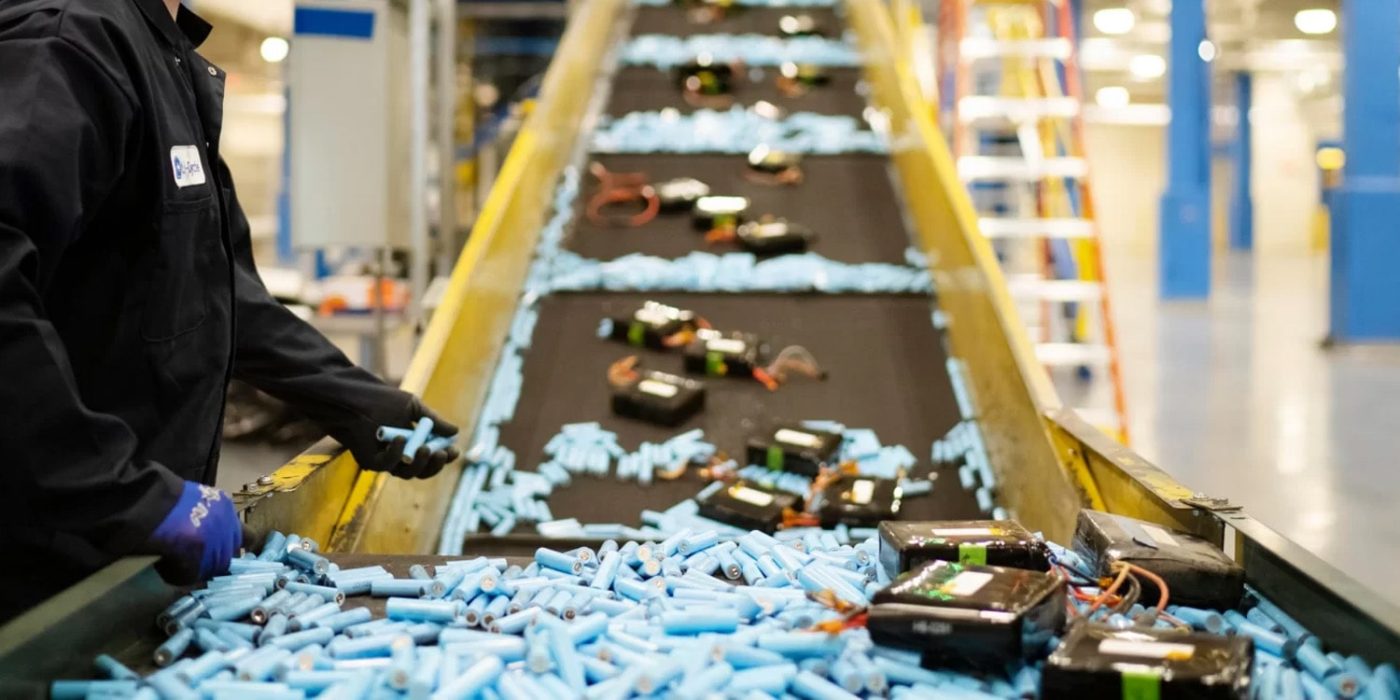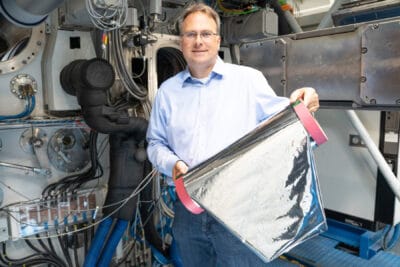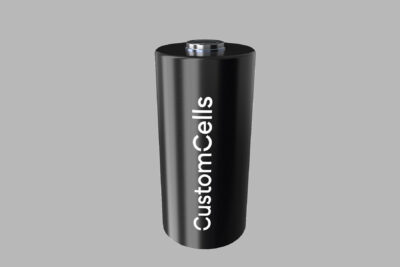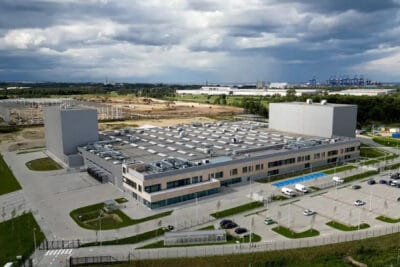Glencore’s Sardinian plant poised to become battery recycling Hub
Mining company Glencore and battery recycling specialist Li-Cycle have announced plans to build Europe’s largest battery recycling plant on the Italian island of Sardinia. A final decision will be made next year.
The location appears curious if it wouldn’t build on an existing Glencore facility. The Portovesme complex, which has been in operation since 1929, will be modernised to process recycled batteries into new battery materials such as nickel, cobalt, and lithium. The companies plan to conduct a feasibility study, which is expected to be completed by mid-2024, yet with Glencore’s existing facilities on the island, the partners are optimistic about implementing the project quickly.
Subject to final investment approval, the plant is expected to commence operations by the end of 2026 or early 2027. It will process 50,000 to 70,000 tonnes of black mass annually, enough for up to 36 GWh of new lithium-ion batteries. The two companies will operate the facility through a 50:50 joint venture. The factory is expected to become the “largest source of recycled battery grade lithium and recycled nickel and cobalt in Europe”.
Glencore and Li-Cycle agreed on a strategic partnership a year ago. In Portovesme, Li-Cycle’s hydrometallurgical technology will extract the individual battery materials from the black mass. In line with Li-Cycle’s business model of “Hub & Spoke” plants (spent batteries are processed into black mass close in a spoke plant close to the customer, while hubs process the black mass), today’s announcement mentions Portovesme becoming a Hub.
The source of the black mass for processing in Sardinia will therefore come from Spoke factories and Li-Cycle has already announced three such facilities in Europe. The Norwegian Spoke is designed for 10,000 tonnes per year; the German Spoke announced this spring for up to 30,000 tonnes. The French Spoke, also announced, is scheduled to go into operation in 2024 with 10,000 tonnes but will later be expanded to up to 25,000 tonnes. With these three Spoke plants alone, Li-Cycle could produce up to 65,000 tonnes of black mass and virtually utilise the Hub in Portovesme to capacity, even without further Spoke plants in southern Europe. In an email to the editors. Glencore added the black mass processed at the Portovesme Hub was indeed “expected to be supplied from Li-Cycle’s growing Spoke network in Europe and through Glencore’s commercial network.”
“Li-Cycle’s expansion in Europe aligns with our modular rollout strategy, as we replicate our successful North American model,” said Tim Johnston, Co-founder and Executive Chairman of Li-Cycle, adding the model mirrored customer demand and commercial contracting with a strategically located pre-processing Spoke network and centralised post-processing Hub.
“Establishing a Hub through the re-purposing of our Portovesme site, which could become the first Glencore asset to produce battery-grade lithium, will enable us to truly close the loop for our European OEM and gigafactory customers across all aspects of the supply chain,” added Kunal Sinha, Global Head of Recycling at Glencore.





0 Comments